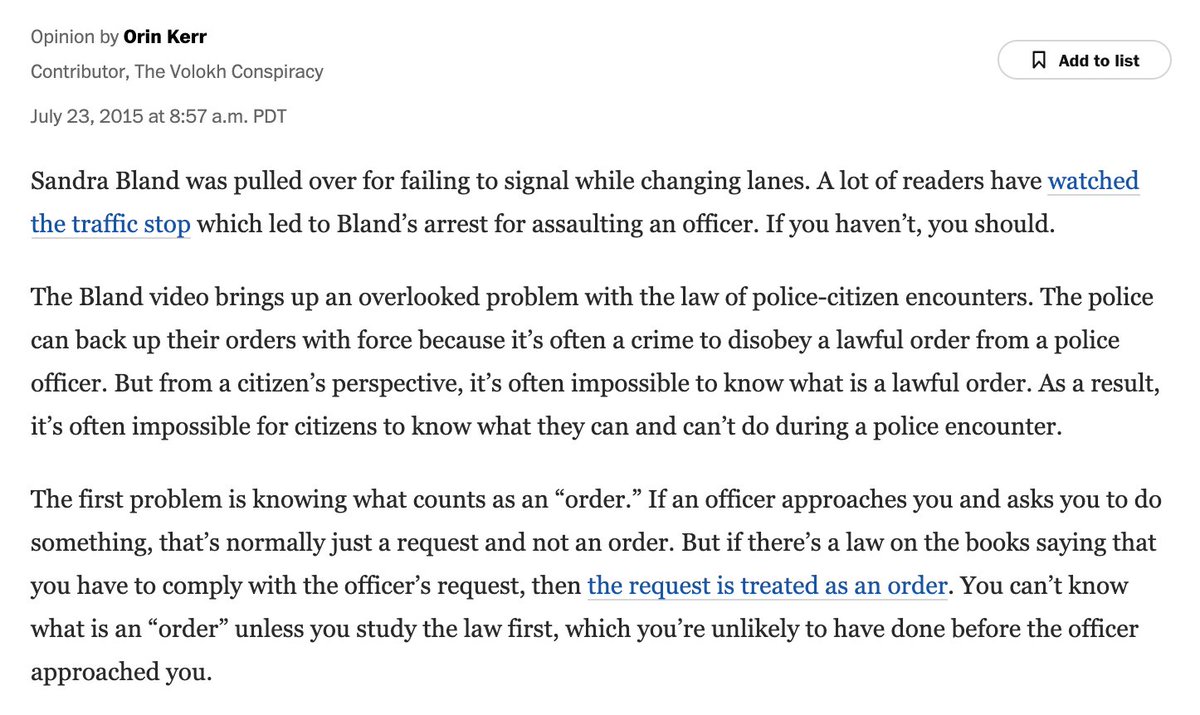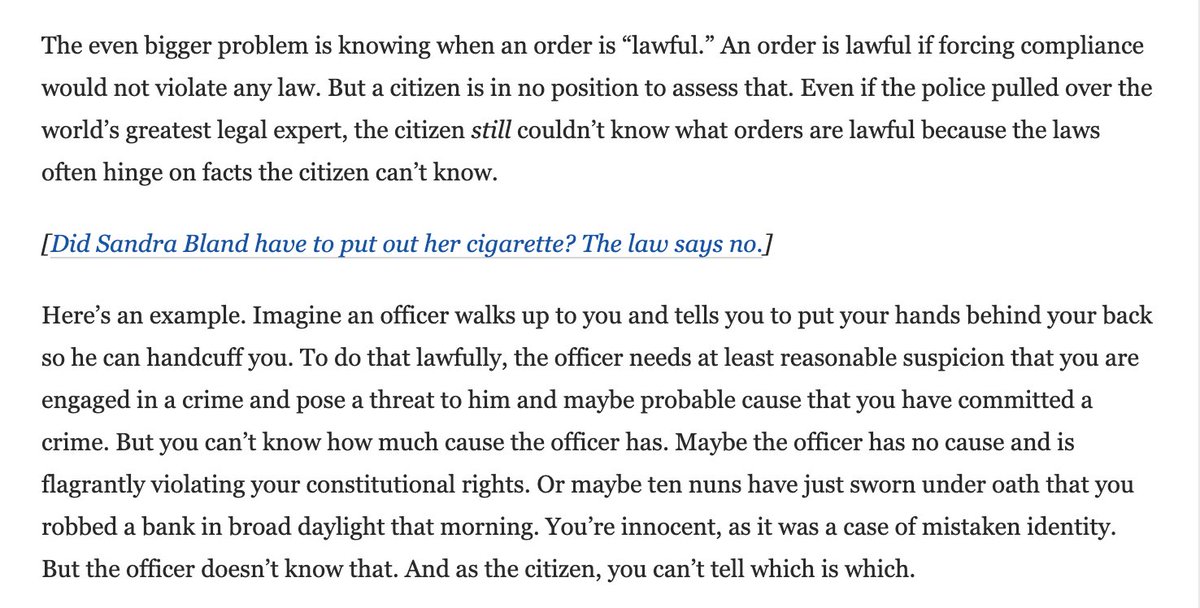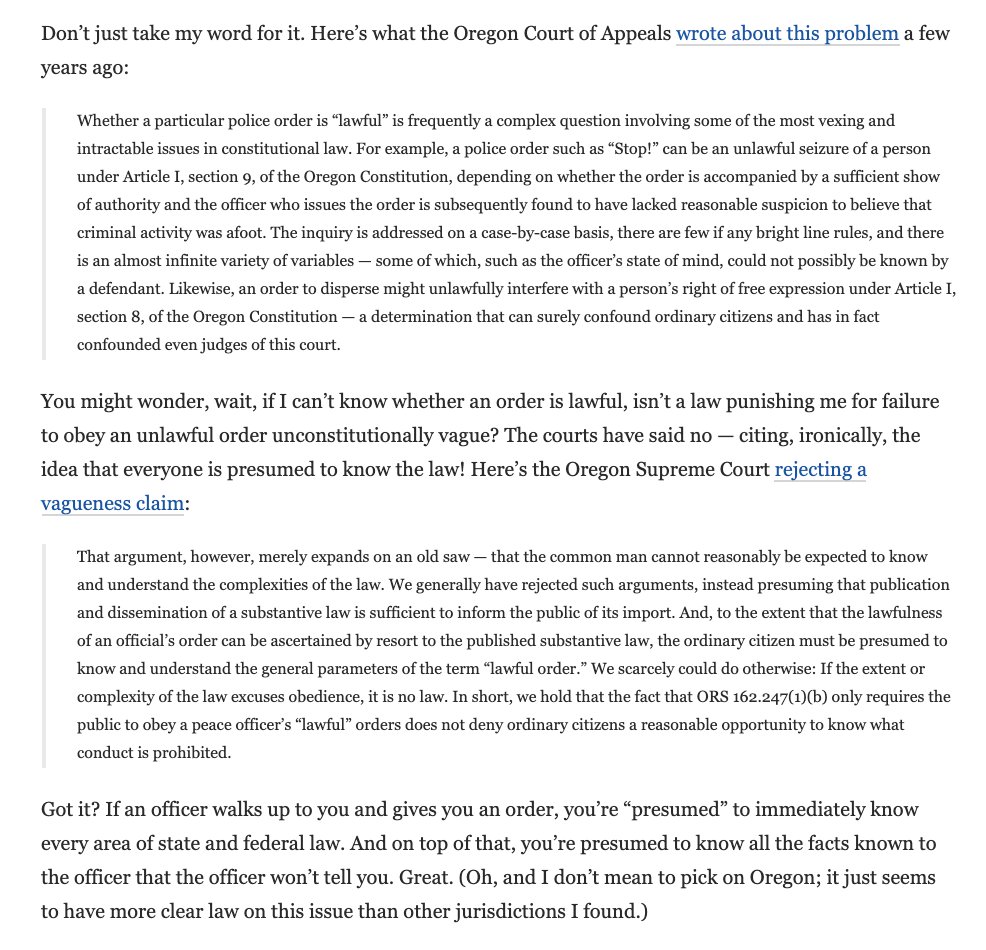
A little inside baseball, but one of the many puzzling aspects of the Amy Chua situation at Yale (which every “New York”-titled publication is required to cover) is the apparent sense that she has nearly unbounded abilities to get students top clerkships.
I can’t tell if it’s just Yale student lore, or if it’s real. If it’s real, perhaps reflecting Yale’s weird limit on letting students prove themselves on blind-graded exams, so they feel they have to rely on faculty connections willing to go to bat for them? I don’t know.
And if it’s not real, where does the impression come from?
I’m an outsider to Yale, but, fwiw, my guess is that it’s probably a mix — part an impression Chua herself tries to convey; part Chua being willing to invest time getting to know judges and pushing students she likes when other profs won’t; part lore; part Lack of grades, etc
Related to the second point, part of it may reflect the PhD-ization of elite legal academia. Maybe profs who aren’t all that connected to the legal world are less likely either to know judges or feel invested in the clerkship process — giving a lot of power, if they want it — …
to those are, at least at a school where grades are deemphasized.
Also related, Chua may have a proven track record of her recommendations working out for the judges who are repeat players — especially relative to other recommenders. /end
• • •
Missing some Tweet in this thread? You can try to
force a refresh









